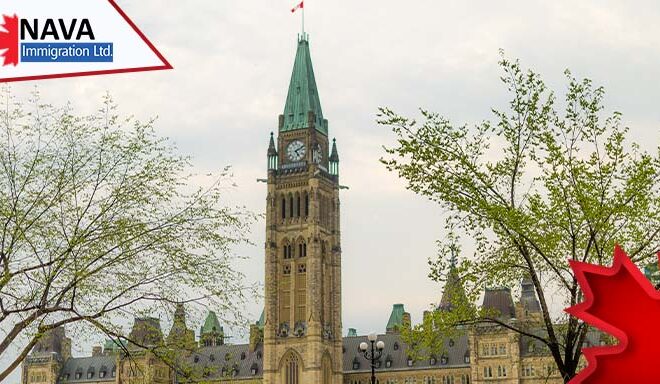McMaster & PEI Launches A Program For Foreign-Trained Physicians
McMaster & PEI launches a program for foreign-trained physicians. This will make it easier for doctors to practice medicine in Canada.
The PEI-McMaster Collaborative Hospitalist Fellowship will provide international medicine graduates (IMGs) with a one-year training program in internal medicine, helping them to become licensed to practice in PEI after completion.
Physicians who complete the fellowship will be expected to practice in PEI for a minimum of one year.
In order to be eligible, IMGs should have Canadian citizenship or permanent resident status and meet additional requirements determined by the College of Physicians and Surgeons of PEI.
Preference will be given to those eligible to write the Royal College IM exam through the practice eligibility route (PER).
About The Program
McMaster & PEI launches a program for foreign-trained physicians. Well, the program is a joint effort of the government of PEI and McMaster, a university based in Hamilton, Ontario.
The PEI’s Minister of Health and Wellness, Mark McLane, stated that by collaborating with McMaster University as well as the College of Physicians and Surgeons of Prince Edward Island, this initiative will help international physicians integrate into the Canadian health system while giving PEI a boost in the workforce.
Moreover, Health PEI, the province’s health authority, will select and fund fellowship applicants with the goal of retaining primary health practitioners.
McMaster University will deliver the majority of the program, while PEI will host the remaining training block.
This initiative was also partially modeled on the pathway of Dr. Ali Abdullah, an internationally-trained internal medicine specialist who completed McMaster’s hospitalist fellowship and began practicing at PEI in 2024.
Barriers To IMG Licensing
IMGs often face significant barriers to becoming licensed to practice as physicians in Canada.
The typical route for a medical school graduate to become licensed in Canada is to complete a residency, i.e., a period of supervised medical practice for several years.
However, most provinces reserve the majority of residency spots for local medical school graduates, leaving only around 10% available to IMGs.
On account of residency spots being a bottleneck, the colleges and various levels of government have been working on establishing other routes for IMGs to become licensed.
Immigration As A Source Of Medical Professionals
This fellowship falls in with two growing trends in Canadian immigration: the targeted recruitment of healthcare workers and the streamlining of the process for internationally-trained healthcare professionals to become licensed to practice in Canadian jurisdictions.
Below are some examples of Canada’s recent efforts to address the growing demand for healthcare professionals across the nation:
- In 2023, the federal government introduced category-based draws for foreign nationals with in-demand occupations, allowing it to prioritize healthcare workers for permanent residence.
- In 2025, IRCC expanded the healthcare and social services category, including therapists and social workers.
- The federal government implemented a temporary public policy making it easier for physicians to count self-employed work experience through specific Express Entry programs.
- In 2025, the Ontario Provincial Nominee Program augmented its eligibility criteria for three Express Entry-aligned streams, allowing physicians to count periods of self-employment.
- Earlier this year, British Columbia, New Brunswick, PEI, and Saskatchewan limited immigration pathways to in-demand occupations, including healthcare workers.
- In recent years, several provinces—including Manitoba, Saskatchewan, Newfoundland and Labrador, and PEI—announced incentives for skilled foreign nationals in healthcare positions.
If you seek information on how to begin your Canada immigration application process, you can talk to our NavaImmigration experts at 1800-918-8490, or you can drop us an email at [email protected].





